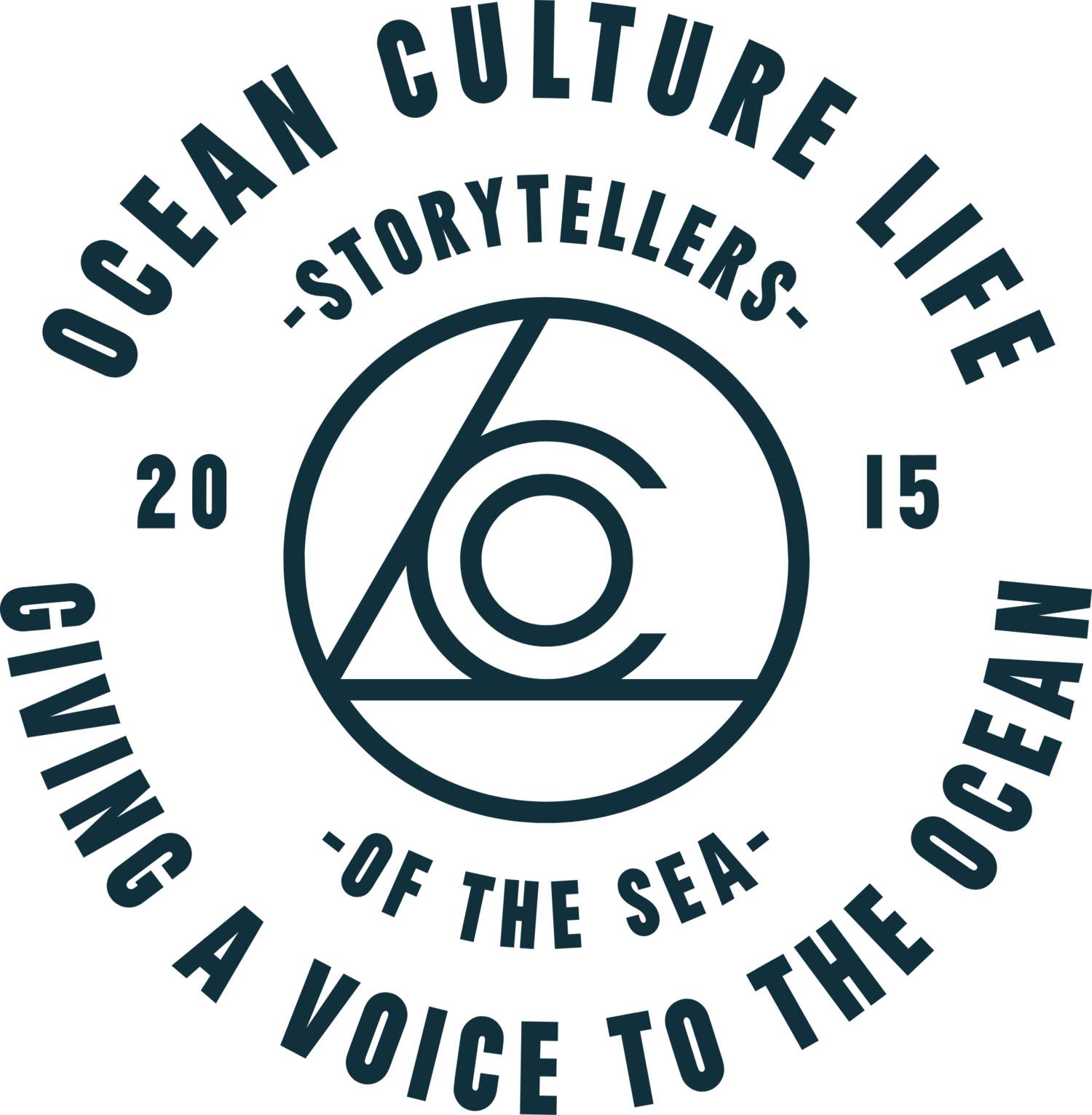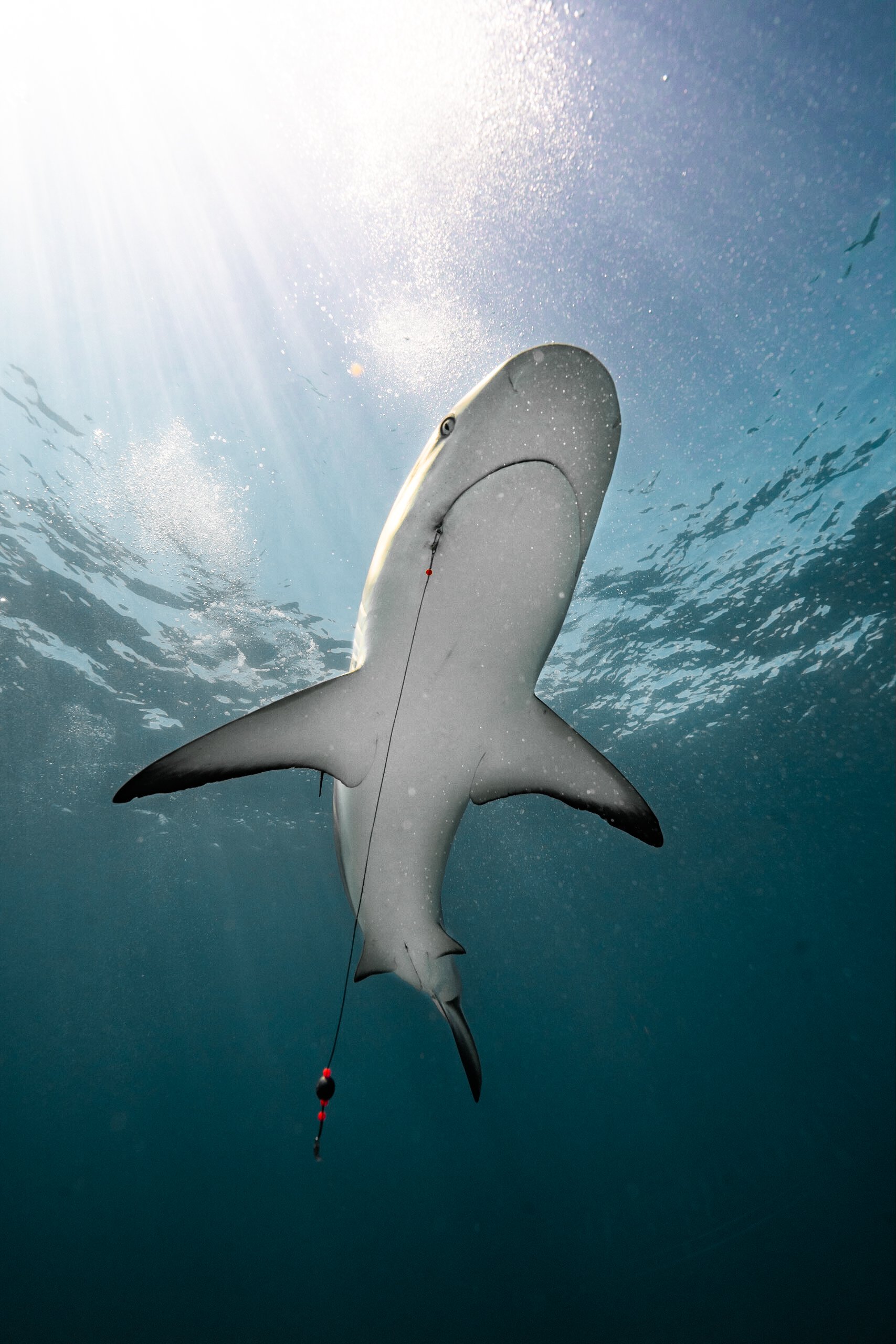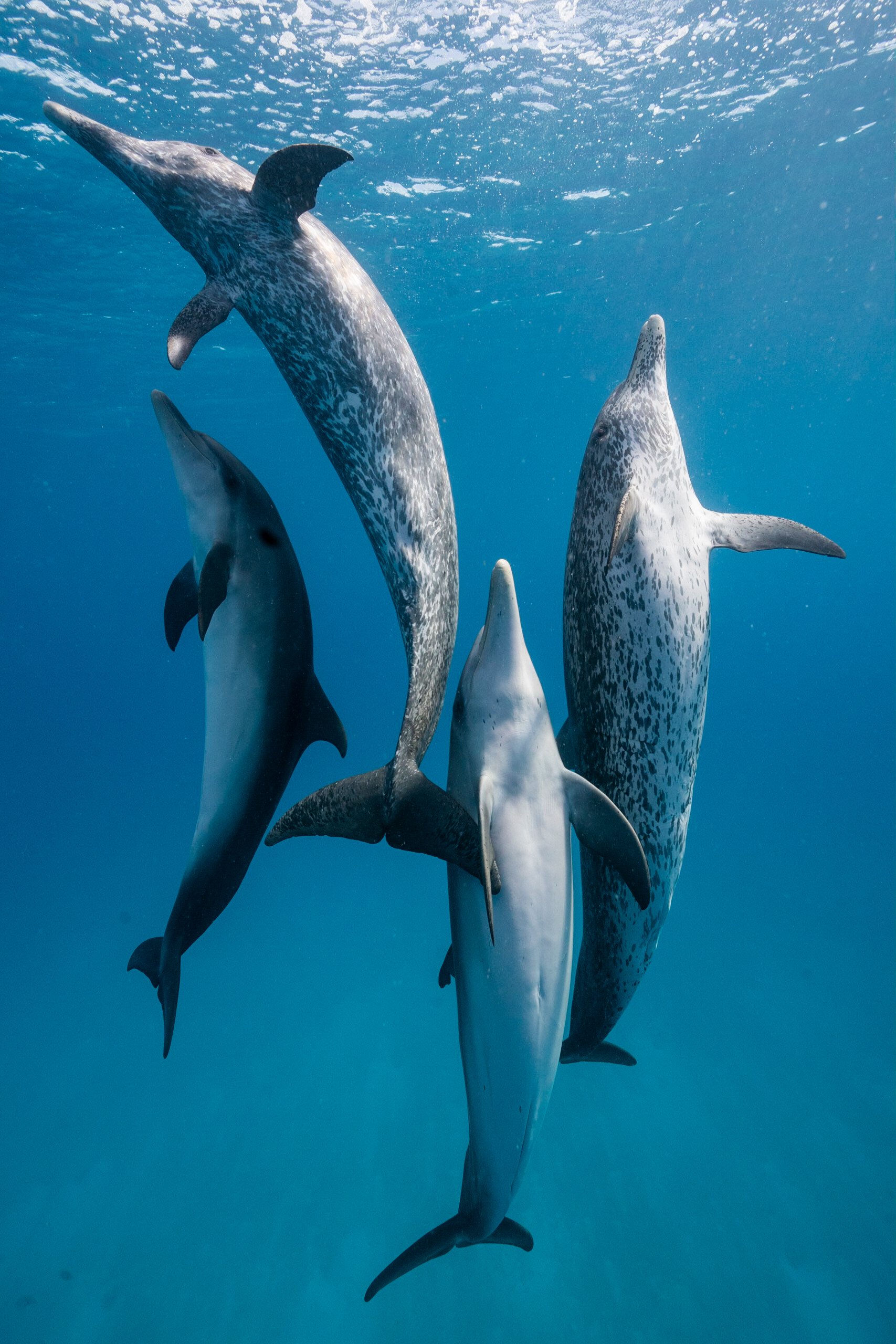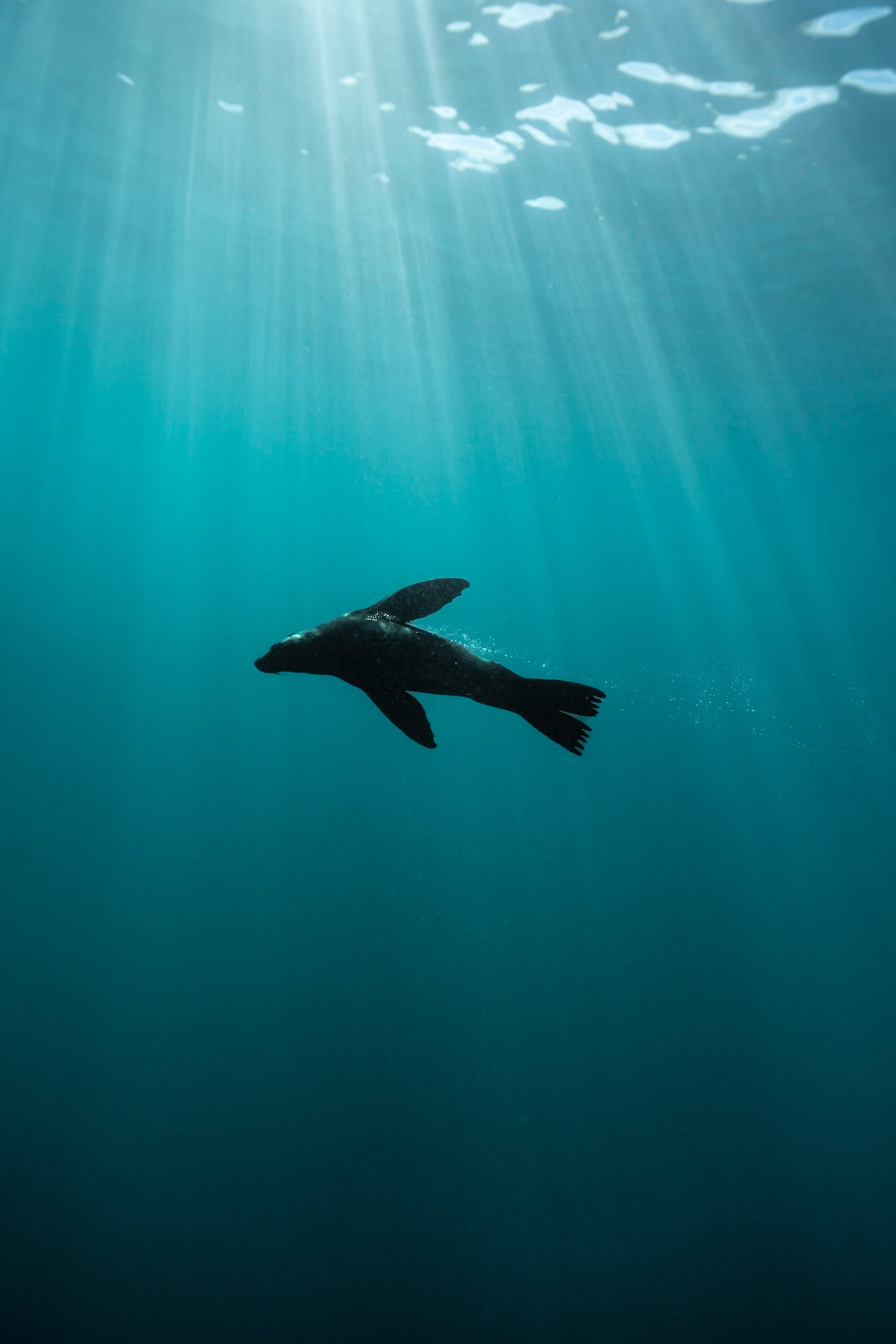Pier Nirandara | Author | Film Producer | Underwater Photographer | Los Angeles | Cape Town
Born and raised in Bangkok, Pier Nirandara spent endless days in Thailand’s water - giving her a profound respect for the ocean that is interwoven with her love for storytelling.
Pier story-tells through many mediums; writing novels, working as a film producer in Hollywood, and leading dive expeditions to photograph marine megafauna. Inheriting her father and grandfather’s love for photography, Pier is now working out the best way to dedicate and utilize her background in storytelling to highlight issues in representation and marine conservation and to hopefully evoke change.
This year alone, Pier has wrapped up a few photography and short film projects in South Africa and Namibia, got her work published in the ‘Oceans book’ by Philippe and Ashlan Cousteau, led a sardine run expedition with some of the industry’s top creatives, delivered a TEDx talk titled “A Giant Stride Into the Unknown,” proposing that we apply the common diving mantra to a way of life, and was lucky enough to photograph a blue whale during Mexico’s marlin run. Pier lives and breathes creativity, and has plenty more in store for 2022.
What is a typical day like for you?
It really depends! It can range from writing my new novel, working as a film producer in Hollywood, or on the road leading dive expeditions to photograph marine megafauna. I'm incredibly lucky that I get to pursue various ways to tell a story.
When did you first pick up a camera and start shooting underwater?
My father and grandfather both loved photography, so I was fortunate to have exposure to cameras from a young age. But it probably wasn't until about 15 that I started scuba diving and shooting a little more seriously, albeit separately, and didn’t merge the two until a few years ago! A late 2017 liveaboard to the Revillagigedo Islands really kick-started that love, which only grew with further dive trips - South Africa, Mozambique, the Galapagos, etc. I was hooked.
What are the fondest memories from your upbringing that you feel impacted your life choices and lifestyle today?
It all goes back to the sea. Growing up in Thailand, I would spend endless days in the water - swimming, foraging for wild clams, listening to my mother tell stories about our family's history. It gave me a profound respect for the ocean that is interwoven with my love for storytelling.
What path did you choose after leaving school?
In a sense, I was a classic good Asian kid. Went to a good school, got good grades, graduated early…until an internship at a talent agency in Los Angeles changed everything. Deciding not to return to Bangkok, I pursued a career in the film industry, working with writers/directors/authors in talent representation at ICM Partners, before feeling burned out and taking a gap year to solo backpack southern Africa and write a new book. Upon my return, I joined Sony’s Columbia Pictures as their Director of Development in International Content, before serving as Vice President of Film & TV at A-Major Media, Hollywood’s first Asian American driven production company. Recently, I’ve taken a hiatus from that full time film career to focus on my novel, and to figure out the best way to dedicate and utilize my background in storytelling to highlight issues in representation and marine conservation to hopefully evoke change.
What do you value most in life?
I read recently that the the true cost of something isn’t financial, but how much time you spend on it. I hold tremendous respect for those that are willing to risk a comfortable life in the safe harbor and sail the seas of consequence into the vast, open unknown. Growth is often uncomfortable, but you’ll never grow without discomfort.
What brings you the most joy?
Seeing someone fall in love with the water for the first time, and also being in the water, of course! Freediving with friends gives me immense happiness. I love bringing people together and creating a sense of community—bonus points if it’s in the sea. Apart from that: writing, as strange as that sounds. Hemingway once said, “There is nothing to writing. All you do is sit down at a typewriter and bleed.” I compare it to working out—you feel like dying in the moment, but great afterwards.
Who/what currently inspires you?
That’s a really tough one, considering the list is evergrowing! There are the classic names in the field, but I hold special respect for women who shoot underwater, especially women of color. The industry is so largely dominated by people who don’t look like us that it’s always refreshing to see. In terms of underwater photography, I owe a huge debt of gratitude to Kimberly Jeffries, the woman whose footage went viral of her jumping in with a pregnant great white feeding on a whale carcass. She’s a dear friend, and the reason I got into freediving. Through my work in the film industry, I ended up helping her negotiate a deal with NatGeo for that footage, which was a beautiful way things come full circle. Recently, I met and have fallen in love with several underwater people in Cape Town: Roushanna Gray of Veld & Sea, wise water woman and forager extraordinaire; Zandile Ndhlovu, founder of the Black Mermaid Foundation who hopes to diversify the marine spaces; and Shamier Magmoet, a man from the Cape Flats who now runs an organization helping get street kids into diving.
What would you most like to change in the world/environment today?
At times, there seems like there’s so much work to be done, but my priorities are education and representation. We can’t care about what we don’t know, and where we don’t feel like we belong. There is so much xenophobia—so much sinophobia—in conservation, exacerbated by the recent pandemic. It’s easy to vilify poor fishermen trying to feed their families and forced to catch sharks, or countries still struggling to escape the shadows of colonialism without appropriate resources, who can’t afford to put sustainability and conservation at the top of their priorities.But disenfrachised groups are the most at risk from climate change, so it begins with representation—reclaiming marine spaces from the past for the future. The ocean is a universal democratizer. In her arms, we are all equal, and we are free.
Are there any books/documentaries that have guided your thinking?
Ah, there are SO many favorites! Some of my recommended reading includes:- Deep by James Nestor- Why We Swim by Bonnie Tsui- Poacher by Kimon de Greef & Shuhood Abader- Barbarian Days by William Finnegan- A Field Guide to Getting Lost by Rebecca Solnit- Dead Aid by Dambisa Moyo- The Shadow of the Sun by Ryszard Kapuscinski- The Art of Stillness by Pico Iyer- Vagabonding by Rolf Potts- What They Forgot to Teach You at School by Alain De Botton- Born A Crime by Trevor Noah- How to Write About Africa by Binyavanga Wainaina- And, oddly enough, World War Z by Max Brooks (sociology and politics through the lens of a zombie apocalypse? Yes please!)
What legacy do you hope to leave?
Hopefully one that leaves it better than the last. To appreciate this pale blue dot we all call home, with an emphasis on the blue.
What advice would you give to anyone looking to follow their dreams as an ocean Storyteller?
At the risk of sounding cliché: persevere, practice, and never give up. The work can be difficult, frustrating, and downright demoralizing at times (especially with such high stakes), but remember why you got into it in the first place. There can be multiple roads to the final destination.
P.S. There is no destination—it’s an arrival fallacy. The destination is in the journey.
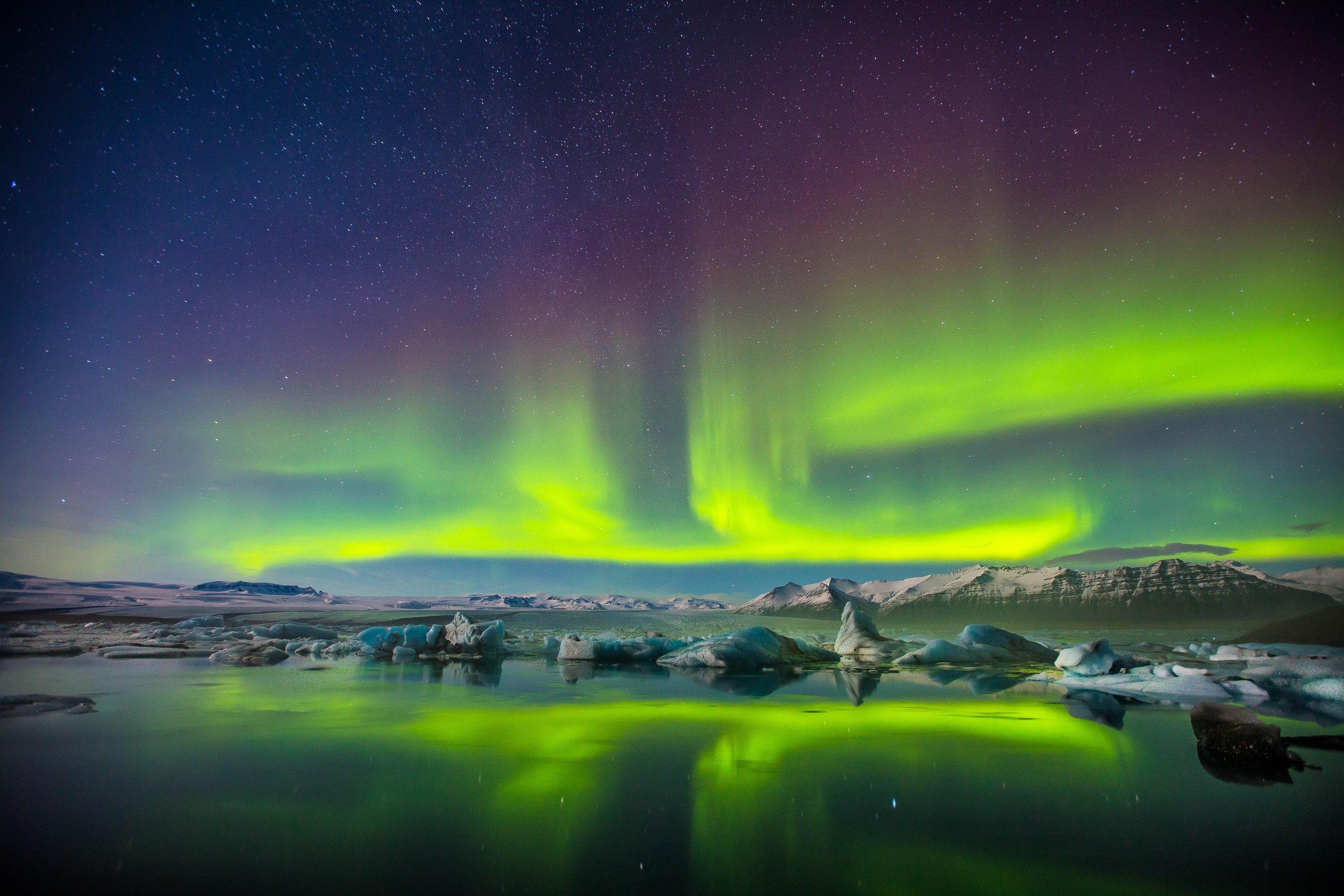
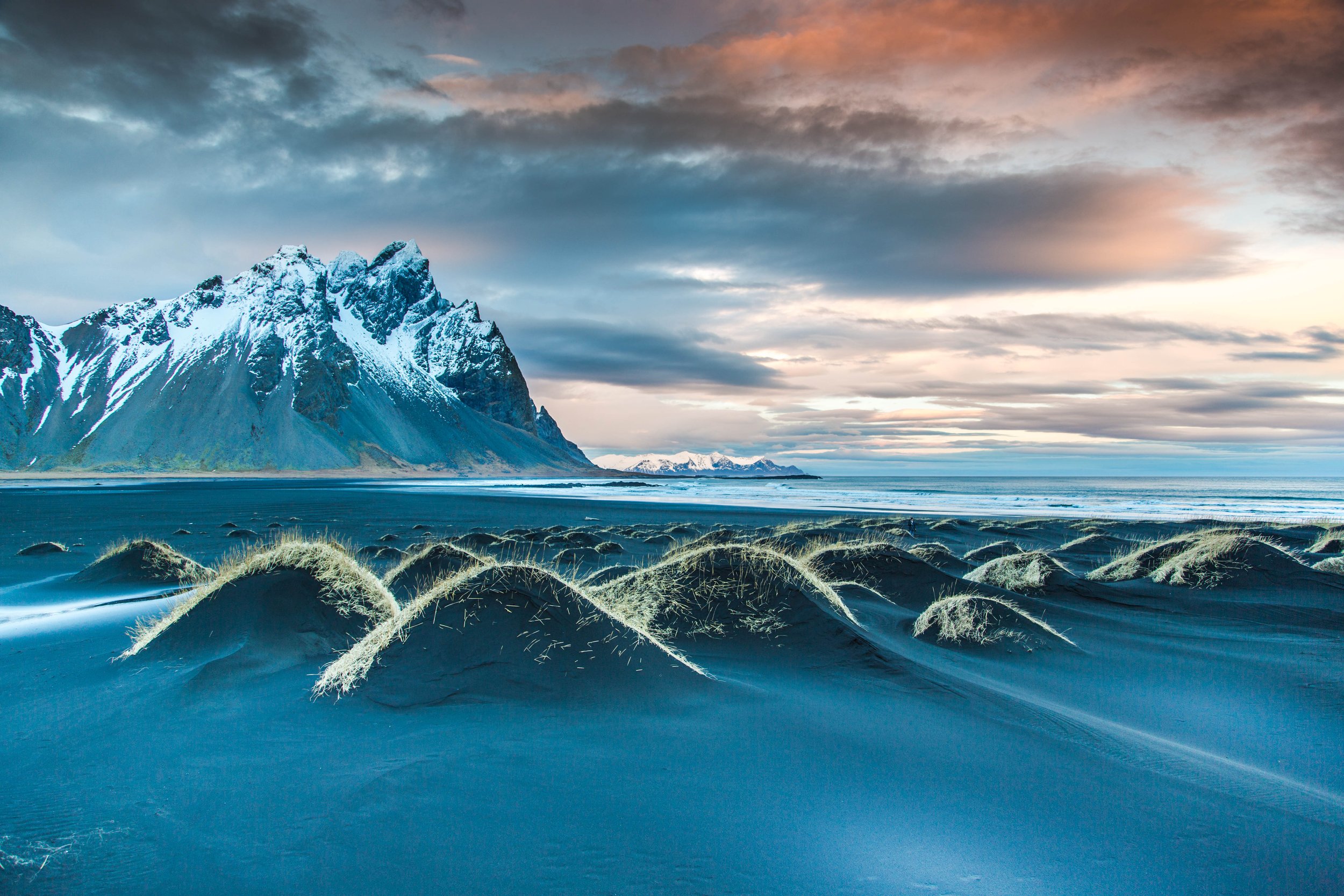
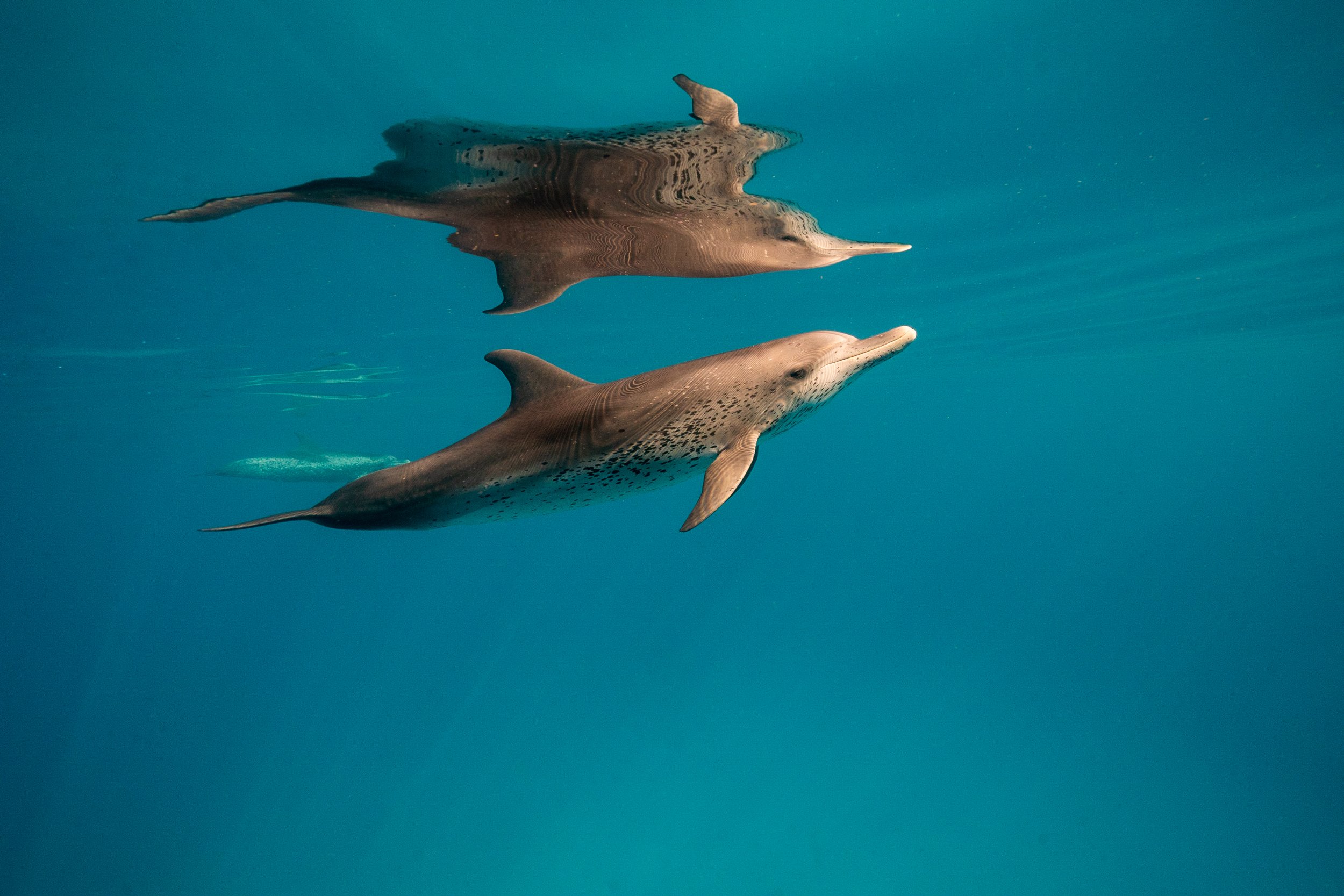
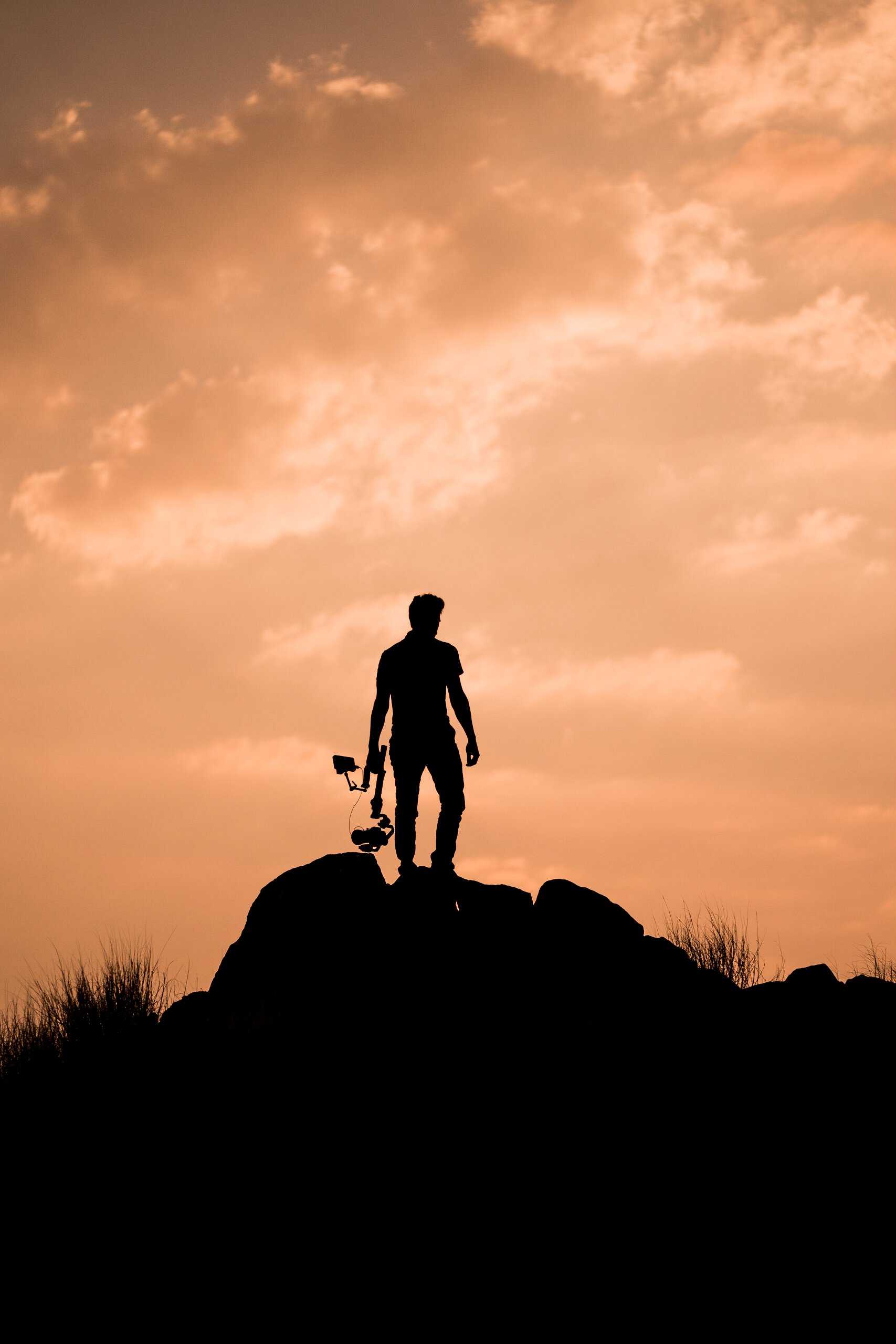
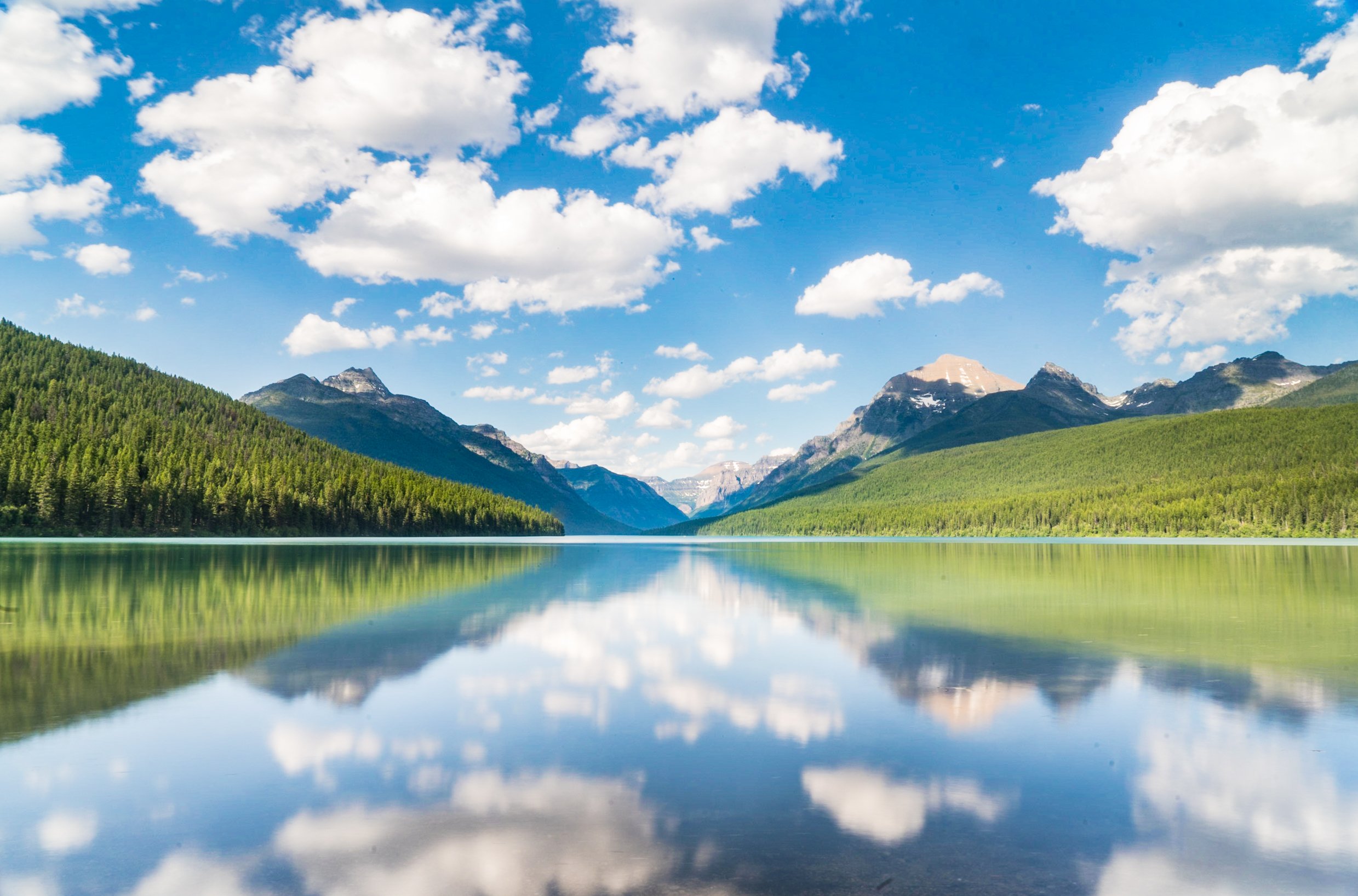
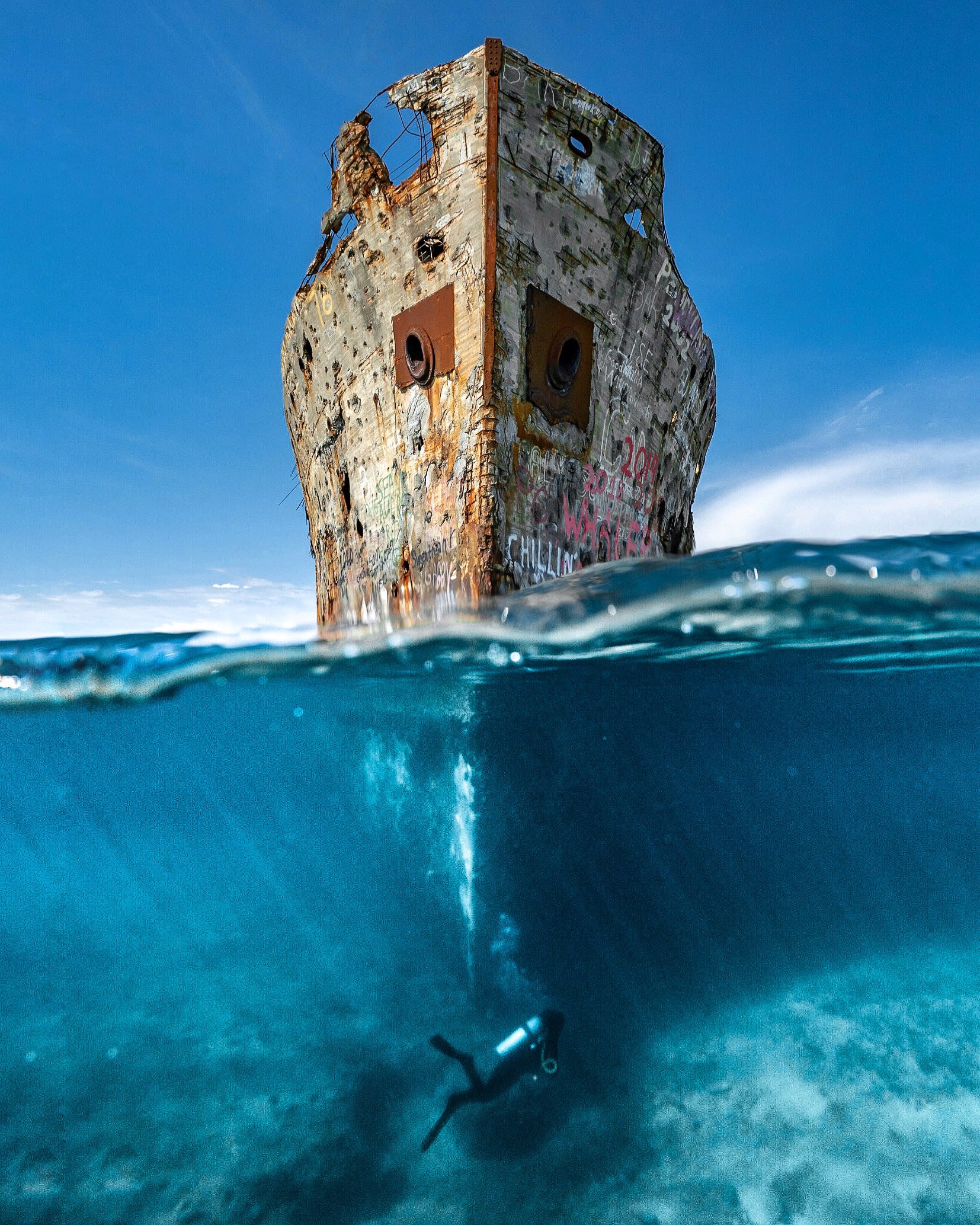
WEBSITE: www.piernirandara.com
INSTAGRAM - @PiersGreatPerhaps
